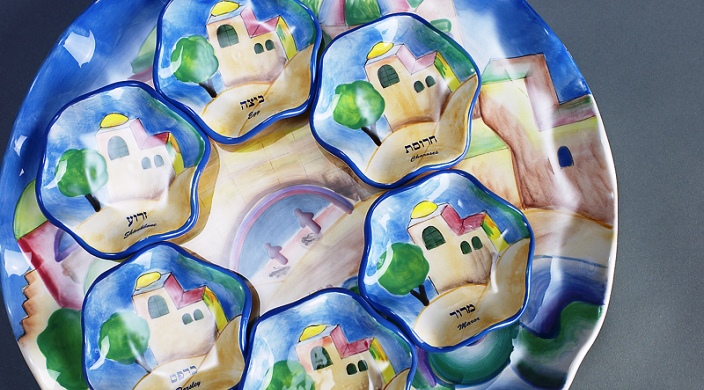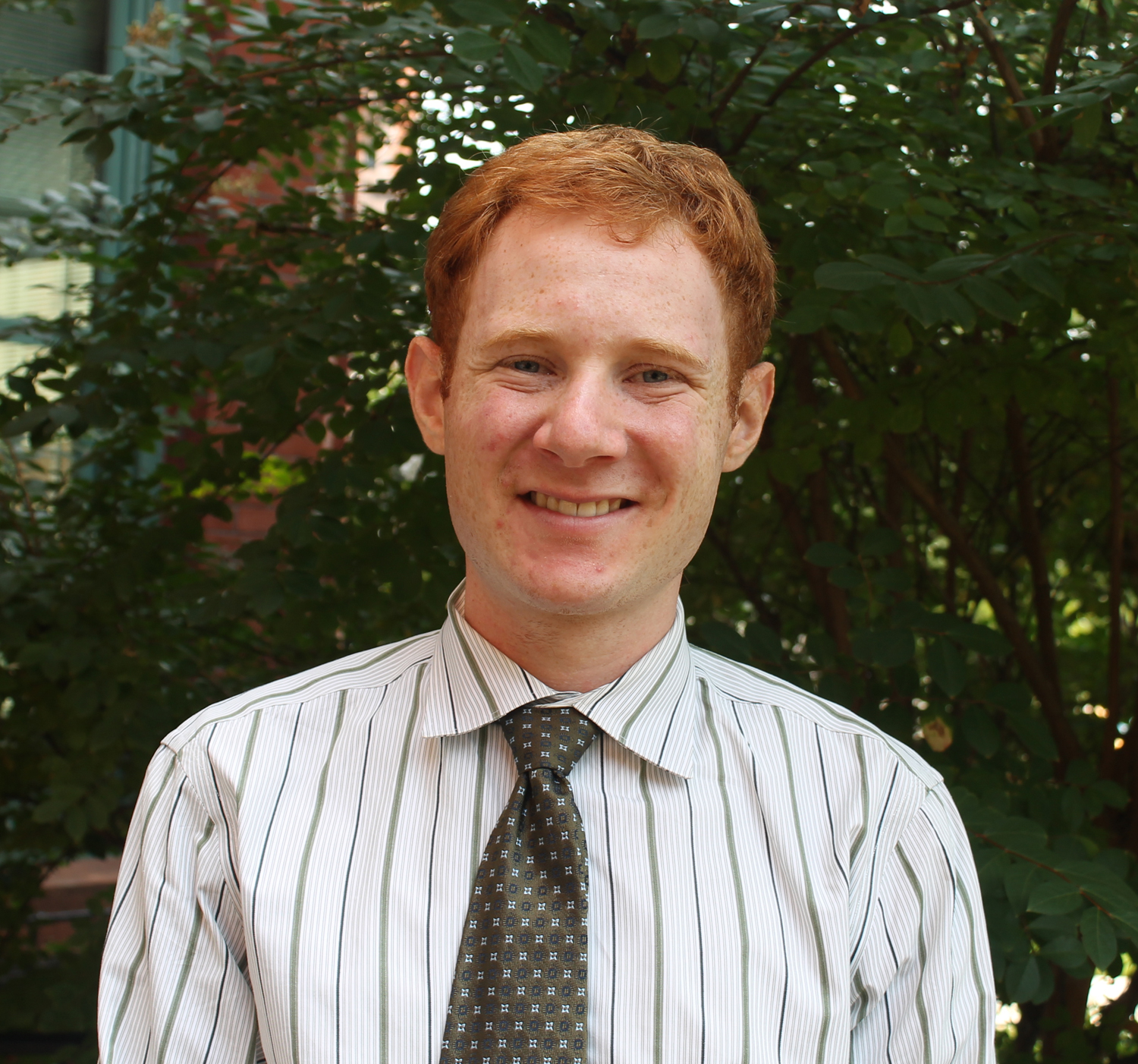
This year we are slaves. Next year, may we all be free.” (Haggadah, “Ha Lachma Anya”)
When I was little, I would practice the Four Questions for hours on end before the seder began, ensuring that I pronounced every Hebrew word correctly and hit every musical note. When I finally would recite them shortly after the seder began, I was so nervous I could barely think about anything else. Afterward, my family would applaud and tell me how good a job I had done, and I would be so excited and relieved that I usually paid little attention to the next part of the service. But this part, though I did not know it at the time, was the crucial answer to my four questions:
We were slaves to Pharaoh in Egypt and Adonai our God took us out from there with a strong hand and with an outstretched arm. If the Holy One, Blessed One, had not taken our ancestors out of Egypt, then we, our children and our children’s children would have remained enslaved to Pharaoh in Egypt. And even if all of us were wise, all of us understanding, all of us knowledgeable in the Torah, we would still be obligated to tell the story of the Exodus from Egypt.
Because we ourselves may have been slaves, we are obligated to tell the story of the Exodus: to remind ourselves of how lucky we are, but never to forget what it is to be in bondage. It is this drive, this distant memory of our slavery in Egypt that inspires our commitment to telling this story and to working toward society free of all sorts of bondage.
The main theme of Passover is this celebration of our journey from bondage to freedom, but around the globe and here at home, there are many who have yet to fully experience freedom. From poverty and inequality to discrimination in areas like employment, voting, the criminal justice system, wages, or legal status, we still have yet to fully realize the promise of our Exodus. At Pesach, the Haggadah tells us, we are obligated to tell this story of the Exodus, to remind us of the fact that we were slaves. But we should also tell it to remind ourselves that our society is full of injustices, and that like Moses who led the Israelites out of Egypt, we have the potential to do something about it.
At the end of the seder, we stand and open the door, hoping for redemption, as have Jews for centuries on this night. Pesach is fundamentally about looking forward, even as we examine this crucial chapter in our own people’s history. This year, at the end of the seder, as we look back and then look forward to the year ahead, let us think about what we can each do to make this a better world.
Don’t forget to check out this Passover Social Justice Guide as you prepare for your seder.
Related Posts

Harnessing the Power of our Mothers Around the Seder Table

Melding Tradition and Innovation: Our Interfaith Toddler Naming Ceremony


